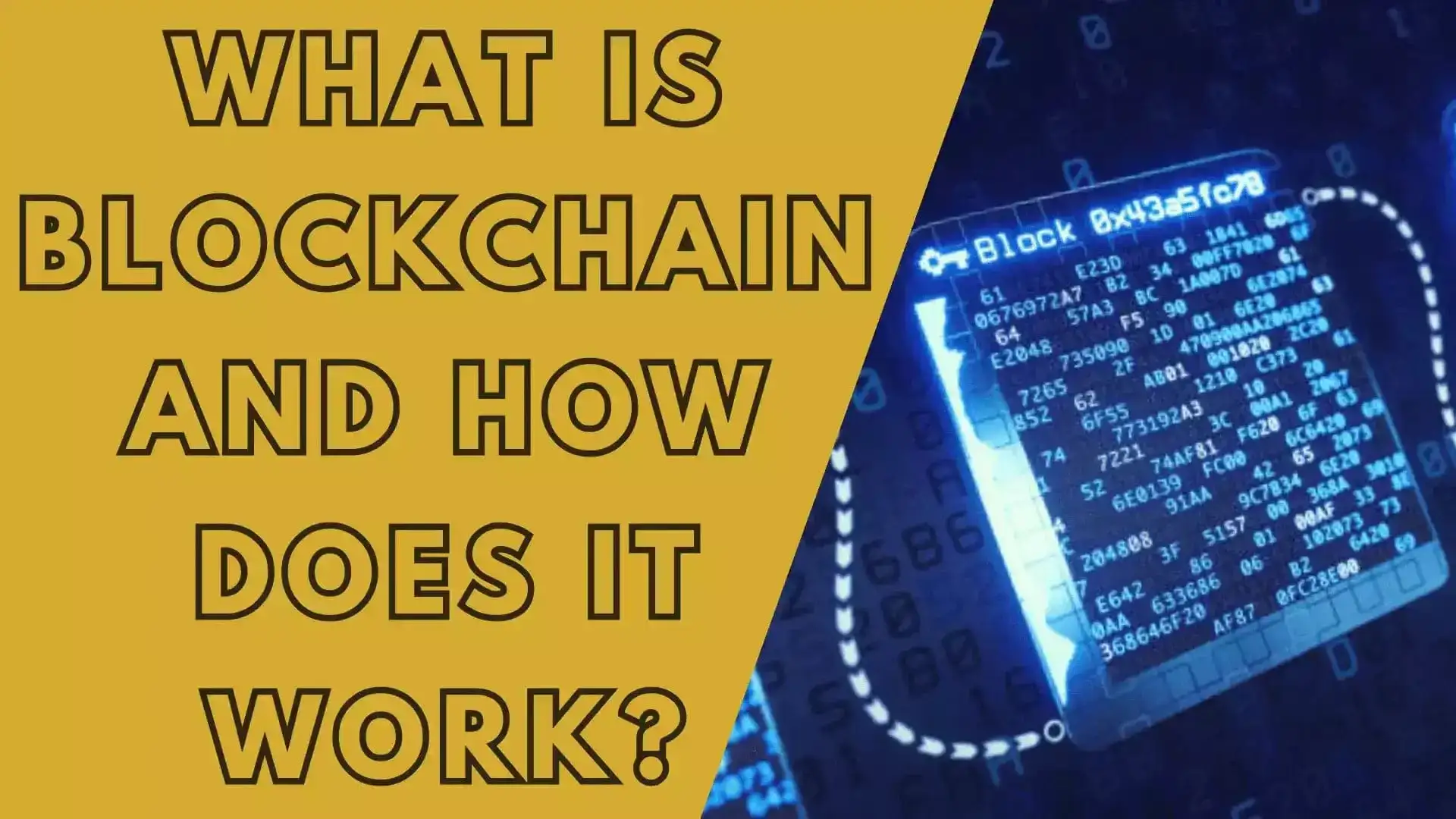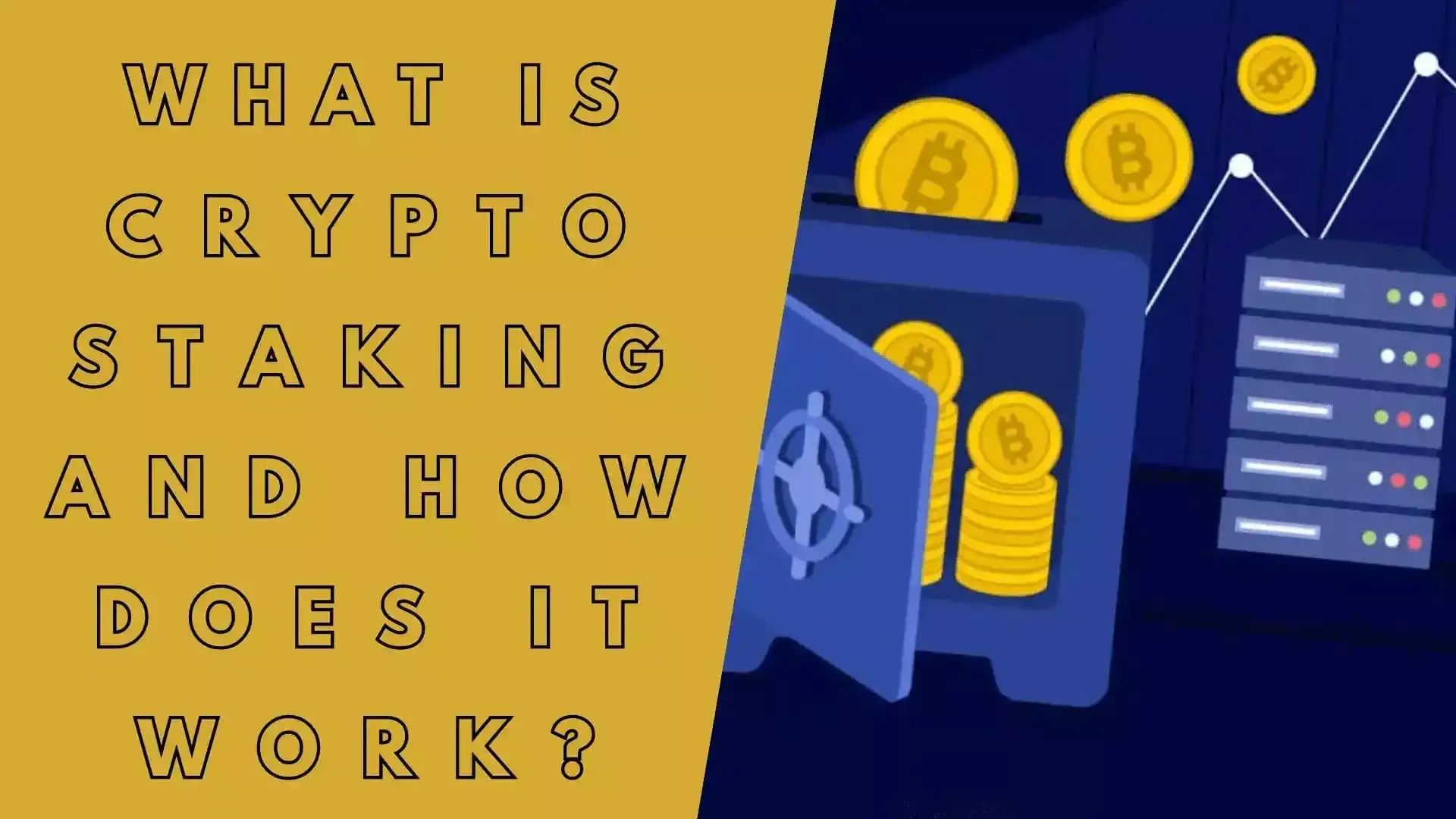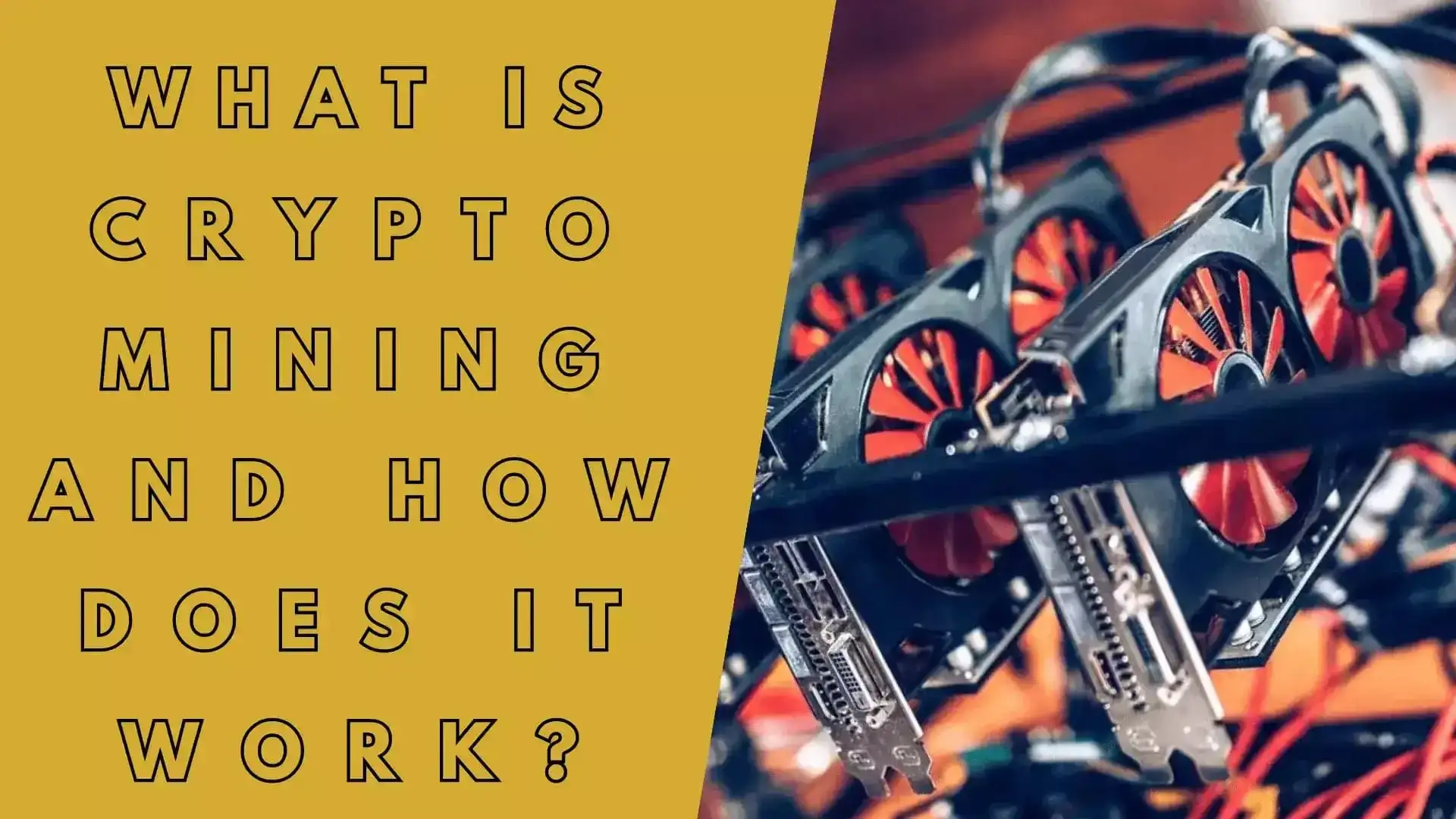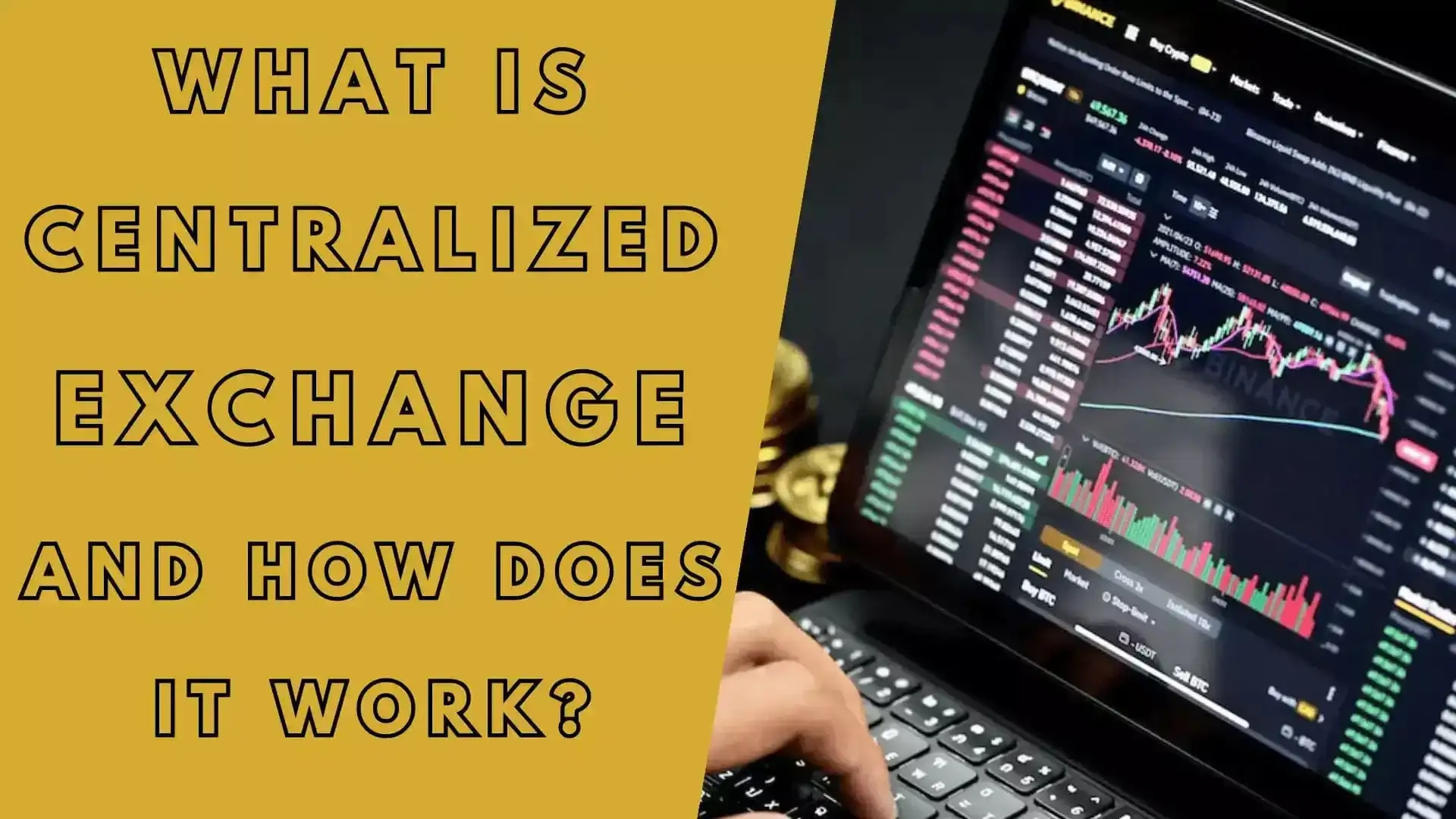What Is Proof-Of-Stake (POS) ?
Proof-of-Stake (PoS) is a consensus mechanism used in blockchain networks to achieve consensus and validate transactions. It is an alternative to proof-of-work (PoW), which is the consensus algorithm used by Bitcoin. In the PoS mechanism, validators are selected to create new blocks and validate transactions based on the number of coins they hold or "stake" in the network. In other words, a validator's influence in the consensus process is directly proportional to their ownership of the network's native cryptocurrency.
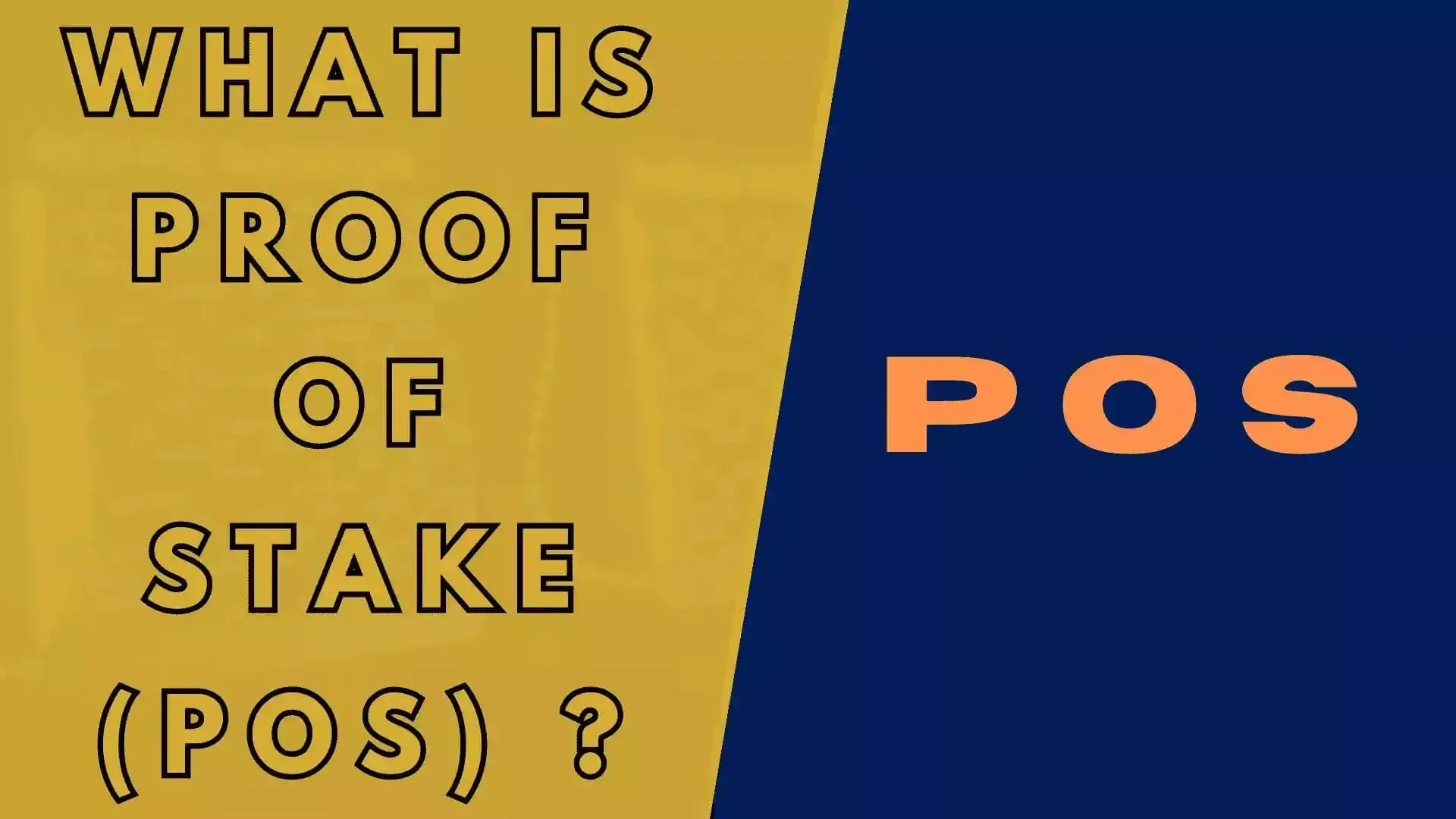
Posted on 17 Sep 2023
Here's a detailed breakdown of how PoS works:
- Validators: In a PoS network, participants who want to validate transactions and create new blocks are known as validators. Validators are chosen based on the number of coins they hold and have staked in the network. The more coins a validator holds, the higher their chance of being selected.
- Block Creation: In PoS, validators take turns creating new blocks. The selection process is usually based on a random or pseudo-random algorithm that considers the validators' stakes. The selected validator creates the next block and includes new transactions.
- Block Validation: Once a block is created, it needs to be validated by other validators in the network. Validators check the block's validity, ensuring that the transactions are correct and that the creator hasn't attempted any malicious actions. Validators typically review the block and its transactions, and if a consensus is reached, the block is added to the blockchain.
- Reward Distribution: Validators are incentivized to act honestly and maintain the network's security. As a reward for their participation, validators receive transaction fees and newly created cryptocurrency tokens. The distribution of rewards is usually proportional to the validator's stake, meaning that a validator with a larger stake will receive a higher share of the rewards.
- Security: PoS networks are designed to deter malicious behavior through the concept of "slashing." Validators can lose a portion of their staked coins if they try to manipulate the system or act maliciously. This economic punishment serves as a deterrent and ensures that validators have an interest in maintaining the network's integrity.
- Finality: One of the advantages of PoS is that it enables faster transaction confirmations and provides a higher level of finality compared to PoW. Finality means that once a block is added to the blockchain, it is highly unlikely to be reversed or modified.
Overall, PoS aims to use the economic stake as a means to achieve consensus and secure the network. It offers energy efficiency benefits compared to PoW, as it does not require participants to solve complex mathematical puzzles to create new blocks. However, like any consensus mechanism, PoS has its own set of challenges and trade-offs.

